Should we have celebrated VJ Day? Hearing the hieratic tones of the Emperor Hirohito on Radio 4 the other day, announcing the unthinkable — the surrender of the great imperial power to the secular, gas-guzzling, unheeding West — seemed like a profanity. So much came to an end with that surrender that it is not possible to celebrate it, particularly since the method chosen to defeat Japan was nuclear-fuelled genocide, not once — which would have been unforgiveable enough — but twice. Surely the Japanese who survived that monstrous pair of bombings, both of which were without any military or moral justification, were staring at what motivated Guy Crouchback — in Waugh’s trilogy — to take up arms in the first place: ‘The enemy at last was plain in view, huge and hateful. It was the Modern Age in Arms.’
My wife remarked the other day that the Hotel Russell, in Russell Square, had made a mistake some years ago in closing the Virginia Woolf Burger Bar. They had not foreseen that the tiresome Bloomsbury Group, hitherto the enthusiasm of a few cognoscenti and some students reading English at university, was about to become ‘box office’. The hotel ought to consider reopening the burger bar, with perhaps a Duncan Grant sauna or an E.M. Forster curry night. I once lived next door to Barbara Strachey — daughter of Lytton’s brother, the cryptographer Oliver, and of his wife Ray Costello, a painter, who wrote a good history of feminism called The Cause. These liberal-minded parents, filled with all the Bloomsbury/G.E. Moore notions, let their nippers read any book on their groaning shelves, from Marie Stopes to D.H. Lawrence. One day, Barbara’s little brother came into the dining room waving a moth-eaten volume and asked with the piping ten-year-old confidence of one who’d found a recondite book: ‘It’s called Holly Bibble — any good?’
The incorrigible human tendency to disobey wise counsels is frightening but also endearing. The latest scare in Australia is that children and young teenagers in rehab have learnt to process Vegemite — something a bit like Marmite — in such a way as to make it intoxicating. There have been the inevitable calls for the spread to be taken off supermarket shelves, causing howls of protest, for Vegemite is a staple of most respectable Oz households. If Vegemite were banned, of course, the would-be self-destroyers would find some other substance.
The Amy Winehouse film is heartbreakingly good. The skilful director/editor has pieced together all manner of archive footage. You see Amy rehearsing early work in recording studios, in England and the USA. You hear her telephone conversations with friends. You watch some of her legendary stage performances, and you also watch her catastrophic decline. At the height of her fame she was interviewed on television by Jonathan Ross, who told her he liked her because she, like him, was ‘common’. She was a big enough person to be able to smile through this absurdity, even though her wonderful gap-toothed smile showed that she recognised a bully when she met one. Her extraordinary way with words, which transcended any lack of education, and her personal dignity, were in fact the reverse of common, and her voice was simply extraordinary — how could a voice which God had made for a mature black jazz-singer of the 1940s have been transplanted by the angels into the body of this delicately built Londoner, with her little white legs and her slightly downy, rather spotty cheeks? Calling her ‘common’ reminded me of those hateful critics who dubbed Keats a ‘cockney’. Can the possession of genius actually kill the young? Can talent be so strong that it burns its possessors, these Keatses, Winehouses, Dylan Thomases?
Imagine. If the Tories make a balls-up of the European referendum, the new Labour leader could become the Prime Minister. So we live in interesting times. Jeremy Corbyn’s opponents claim he wants to go back to the 1980s, but this greybeard of whom few had ever heard until a month ago seemed to me to promise an alluring return to the years of his childhood — nationalised railways puff-puffing through the England of the Revd Wilbert Awdry; free orange juice from that nice Sir Stafford Cripps. Was he the embodiment of Christopher Logue’s wonderful poem, ‘I shall vote Labour because deep in my heart, I am a conservative’? Almost thou persuadest me to be a Corbynista: and then he made that revolting comment about British soldiers in Northern Ireland being morally equivalent to the IRA. Reason returned to her throne and I realised that any of the other candidates would be better. Personally, I like intelligent, Balliol-educated Yvette Cooper — not least because one of her opponents described her as ‘tepid’. For me, tepidity is a virtue, especially in a prime minister.
Got something to add? Join the discussion and comment below.
Get 10 issues for just $10
Subscribe to The Spectator Australia today for the next 10 magazine issues, plus full online access, for just $10.
You might disagree with half of it, but you’ll enjoy reading all of it. Try your first month for free, then just $2 a week for the remainder of your first year.

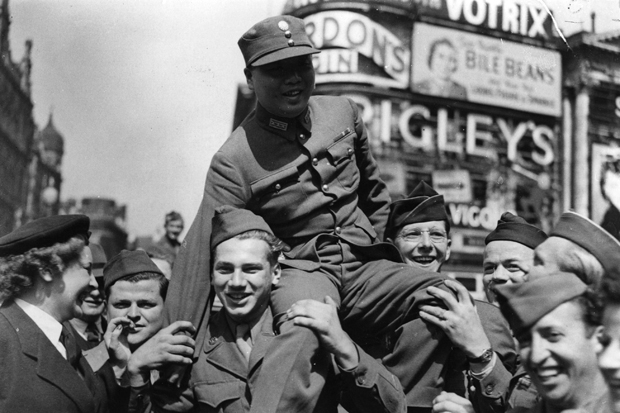
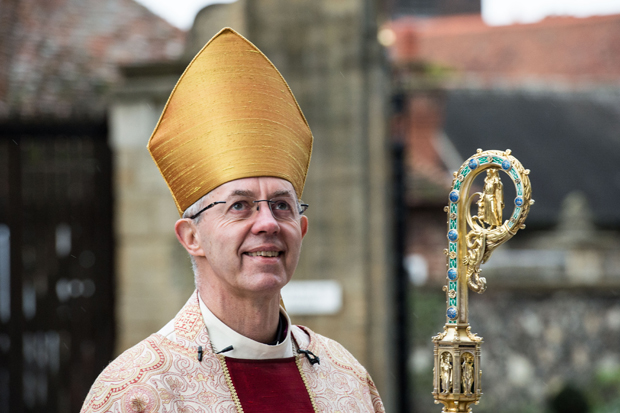
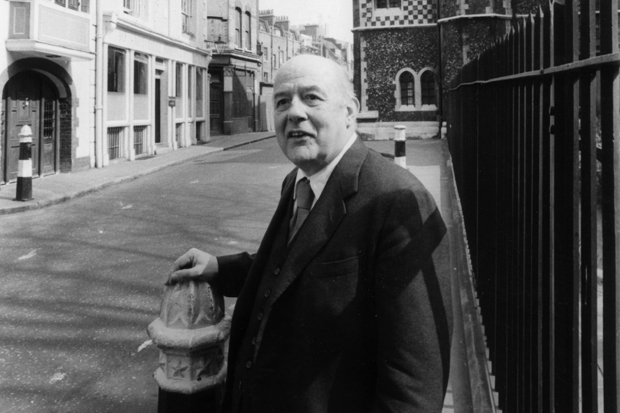

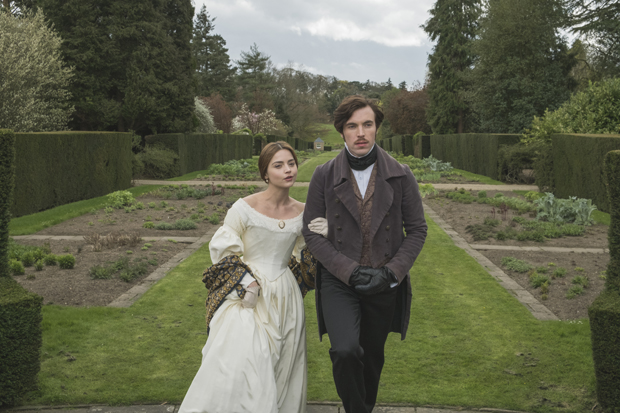
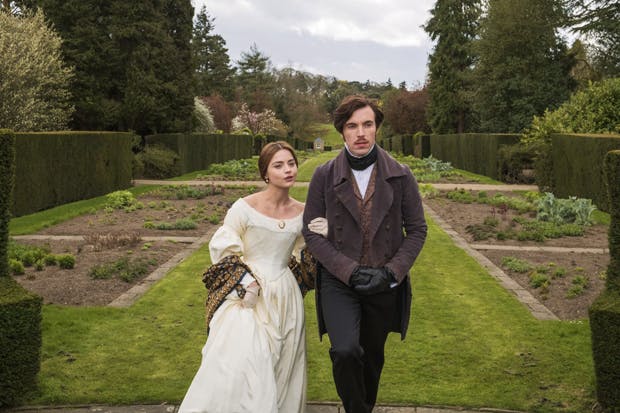
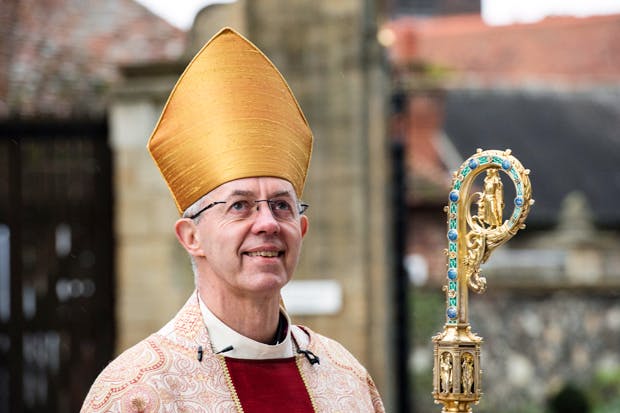






Comments
Don't miss out
Join the conversation with other Spectator Australia readers. Subscribe to leave a comment.
SUBSCRIBEAlready a subscriber? Log in